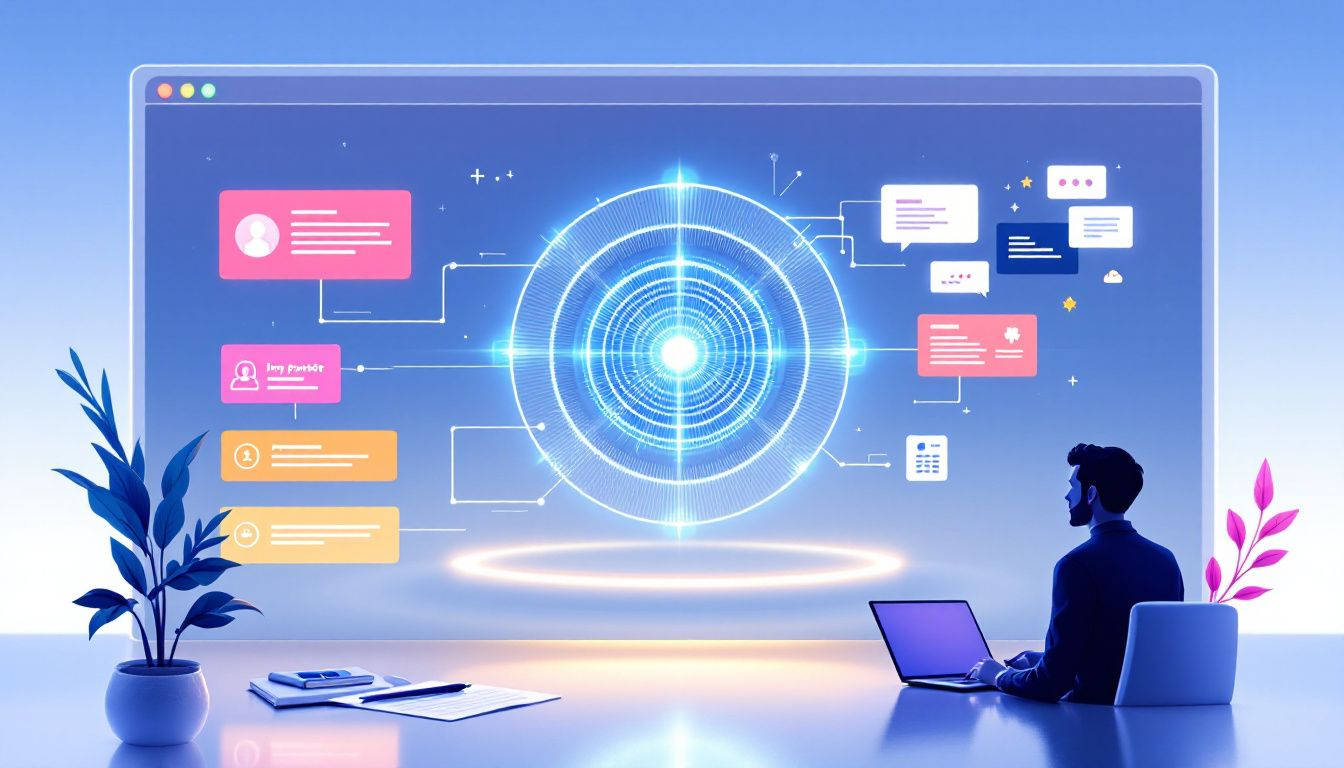If you’ve ever been on the deck of a summer night on a summer night in Virginia Beach and been eaten alive by mosquitoes know the frustration they cause. The itchy bites, either, but also the constant ringing in your ears, and the fear of contracting a disease, and regardless of how much repellent you apply you spray, they will always locate a way to.
The positive news: 2025 will be coming with some truly innovative, fresh insect control in Virginia Beach. This isn’t talking about the typical citronella candle or the fogging vehicle that cruises through the city now and then. It’s straight from the sci-fi film. Imagine AI, bacteria that prevent mosquitoes from spreading disease, drones that fly through the air, spraying trouble spots.
Let’s look at the latest developments, what’s in store, and what could actually help us get away from these tiny vampires.
Table of Contents
AI as well as Vision Transformers: High-Tech Bug Spotting
One of the toughest aspects of mosquito control is working out which kind of mosquito you’re facing. Some are just irritating and others carry things such as West Nile or Zika.
Artificial intelligence enters the picture. Researchers are developing vision transformers to identify mosquitoes from images or even the sound of their wingsbeats. Imagine a small gadget in your yard that “hears” the sound of a mosquito and then sends you (and the health professionals in your area) an alert that says, “Yep, that’s the kind that’s bad.”
It sounds like a futuristic idea It’s actually being tested in various cities. The idea is to stop spraying everywhere, and instead concentrate on only the troublesome places.
Wolbachia Bacteria fighting Nature by combining Nature
This one’s quite clever. Scientists are spreading mosquitoes that have been infected by a pathogen known as Wolbachia. This bacteria doesn’t harm animals, humans or the surroundings, however it does mess with the way mosquitoes reproduce and transmit diseases.
What does this mean? Mosquito populations decrease and those who remain are less threatening. Florida along with California have already tested this method, and it’s proven successful. Instead of dousing neighborhoods with the chemicals it’s of making use of mosquitoes to battle mosquitoes.
Sterile Mosquito Programs–But Smarter
The idea of releasing male mosquitoes that are sterile is not new however the technology behind it is becoming more efficient. In 2025, tools for gene editing help scientists create males with sterility that are healthier and more durable, which means they are able to be competitive with wild males in mating.
What’s the point? Because if the males who are sterile cannot get a date the entire scheme falls apart. Scientists are witnessing real declines in the number of mosquitoes in testing zones.
Drones along with Smart Sprayers
Don’t be astonished by the loud fogging trucks, drones are beginning to take over the job. They can take off through drainage ditches, in marshes and even on rooftops where water accumulates and drop larvicide precisely where it’s required.
Certain mosquito control Virginia Beach sprayers are today “smart,” meaning they alter their amount of insecticide based on the weather and wind or mosquito activity. This means less waste, less danger for the public, and more precise.
Future-Generation Traps to Backyards
It’s not all high-tech. Some of the most advanced mosquito traps are made for common-sense homeowners. These small devices draw mosquitoes into the trap using scent-enhancing chemicals and CO2 which then trap or kill them. Many of them run on solar power and some can even transmit information to your smartphone to let you know the number of mosquitoes you’ve caught.
It’s as if you have your own mini mosquito control system without having to lift one finger.
FAQs
Q: Can these new tools substitute products and sprays?
But not completely, at least not yet. Sprays and repellents remain effective, but the new tools will help you reduce how often you’ll require these.
Q Is it safe to let loose bacteria and genetically altered mosquitoes?
Yes. Wolbachia bacteria are not harmful to animals and humans. Programs to edit gene expression target only mosquitoes. Studies so far show no negative side effects.
Q: Can homeowners purchase the latest tech?
The latest traps and AI-powered devices are now hitting the market for consumers. However, the more extensive programs, such as Wolbachia releases or sterile male projects are administered by public health departments.
Do drones being used in actual the control of mosquitoes?
They’re here! Certain areas with difficult-to-access breeding grounds have already begun to fly these birds. They’re more effective than bringing people into the area carrying backpacks with sprayers.
The Wrapping Up
This is the truth: mosquitoes won’t disappear completely. They’ve been around since forever and are incredibly adept in their ability to survive. However, in 2025, we’re starting to beat them. AI that has the ability to “listen” for wingbeats drones that spray difficult-to-reach areas and bacteria that make them less hazardous – all of it is part of the larger arsenal to ensure that these pests are kept in check.
So, the next time you’re at your back yard on Virginia Beach, swatting at mosquitoes, keep in mind that science is getting better. Maybe in the next few years, your yard will be protected by its own smart mosquito defense system that is quietly operating behind the scenes as you relax in summer evenings peacefully.




